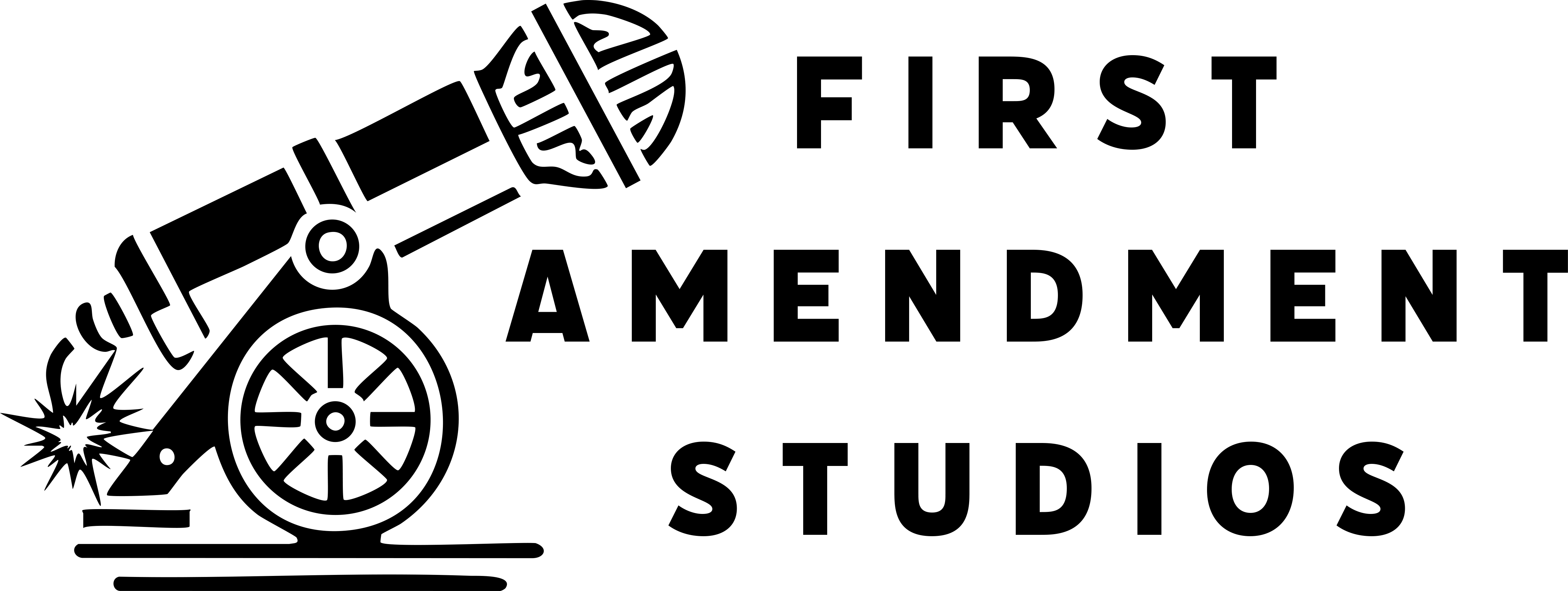Your cart is currently empty!
Notifications
Clear all
Topic starter
There is tension between autonomy and authority. A powerful question to spark discussion around the definition of rights is:
If rights are said to be “recognized,” who has the authority to recognize them—and what happens when that authority refuses?
Why this question matters:
It challenges the assumption that rights are guaranteed simply because they are “recognized.” It opens up vital explorations of:
-
Whether rights are inherent (natural) or granted (legal)
-
The role of governments, institutions, or collectives in validating autonomy
-
What it means to have a right that is not enforced or is selectively enforced
-
Whether rights exist independent of recognition—or only when backed by power
- Can a right exist without a system capable of enforcing or protecting it?
- Are rights universal, or are they culturally defined and limited?
- If rights are granted by the state, are they still sacred—or conditional?
- What role do non-state actors (communities, spiritual movements, global coalitions) play in recognizing or protecting rights?
Posted : 07/08/2025 8:54 pm

